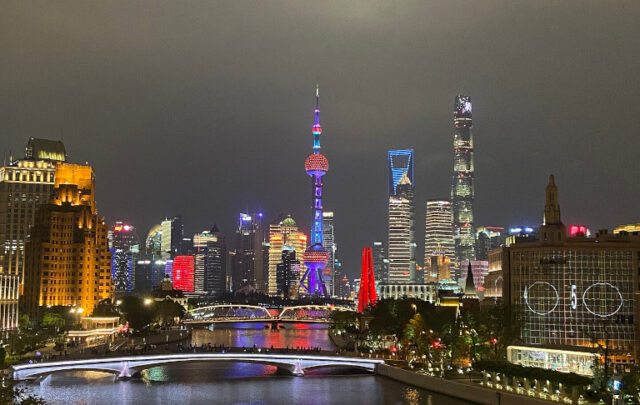
My latest for Recharge:
Donald Trump’s would be climate saboteurs might have hoped that merely the mention of their intention to quit the Paris Agreement would be enough for the climate talks to fall apart at the annual climate summit in Marrakech. Exactly the reverse happened: the rest of the world pulled together. In the second week, with ministers and some heads of state in attendance, nations strengthened their collective resolve to decarbonise global energy. 195 countries issued a Marrakesh Action Proclamation reaffirming the Paris Agreement, the urgent imperative for it, and the speed of the energy transition in the real economy. They spoke of their “urgent duty to respond” to the threat of climate change, and agreed that “momentum is irreversible – it is being driven not only by governments, but by science, business and global action of all types at all levels.”
Key countries pledged their commitments in similar vein. China spoke of a “a global trend that is irreversible”. Russia said they will stick the treaty “even if others don’t.” No major country disagreed, not even Saudi Arabia. Eleven countries elected to send the clearest of messages to Trump Tower by ratifying the treaty during the summit, including two that could easily have used the incoming Republican regime as an excuse for foot dragging, the UK and Australia. A group of 48 countries known as the Climate Vulnerable Forum, determined to shoot for a 1.5˚C ceiling to global warming, pledged to meet 100% of their energy from renewable sources as soon as they could.
“Marrakesh sends out strong signal on climate change” read the headline in the Financial Times on the final day. “UN delegates determined to push through Paris accord despite Trump vote”.
Paris summit in December 2015 was about targets. Marrakech was about plans. Germany assumed leadership with a sector-by-sector plan for decarbonisation by 2050. “By 2050, the whole German economy will be fully renewable”, Jochen Flasbarth, State Secretary at the Environment Ministry announced.
The US, Canada, and Mexico joined Germany in tabling plans for deep cuts by 2050: the US and Canada by 80% from 2005 levels, and Mexico by 50% from 2000 levels. They are the vanguard of a “2050 Platform” group, launched at the summit, who have pledged to follow with plans through 2050 soon. They include Colombia, Costa Rica, Peru, UK, Marshall Islands, Sweden, EC, Chile, Norway, Mexico, Italy, New Zealand, Japan, Ethiopia, Switzerland and France.
Trump may simply drop the US plan, but many of his states and companies won’t. This is the big difference from the previous time the US became a rogue climate state, in 2001, when George Bush refused to ratify the Kyoto Protocol. Then, many big businesses remained to be persuaded that climate change was a significant threat. Not so today. 360 US businesses urged Trump not to back out of the Paris agreement. DuPont, Hewlett Packard, Kellogg, Mars, Nike, Starbucks and other well known brands all agreed that “failure to build a low-carbon economy puts American prosperity at risk”. 196 companies joined governments in the 2050 Platform. Over $100 trillion in investor assets now acknowledges the reality of climate change.
As for the states, California, Vermont and Washington state all sent delegations to Marrakech. California, the sixth biggest economy in the world, is considering applying to join the Paris Agreement should the federal government pull out. 10-12 US states, representing 30% of the US economy, are set to actively oppose Trump’s plans to quash climate laws, according to a Californian delegate.
Trillium Asset Management CEO Matt Patsky summed up the Marrakech summit well. “The train has left the station”, he said, “and to stand in its way is folly”.
Will Trump commit such folly? We will see. The renewables industries will be among the many on the train looking down at him on the tracks, should he and his appointees choose to stand there.





